I was suppose to spend the month of March this year on assignment in Mongolia, with the Canadian Executive Service Organization (CESO), as part of the MERIT (Mongolia: Enhancing Resource Management through Institutional Transformation) project. Unfortunately, due to COVID-19, it never happened. Fortunately, though, the assignment turned into a virtual one, getting done in June and early July. Here’s a few of my reflections on that assignment.
Backgrounder to MERIT and my assignment
The MERIT project supports responsible resource management aimed at sustainable economic and social development in order to improve the livelihoods of communities in Mongolia.
The project is implemented through a partnership between two Canadian non-profit organizations: CESO and WUSC (World University Service of Canada). MERIT is a seven-year project (2016-2023) funded by Global Affairs Canada.
My role was as a Technical Advisor (TA) in the dispute resolution field. The assignment objectives (for the work I was involved in) were to build conflict management and dispute resolution skills and capacity of the Mongolian Civil Service Council and Dispute Resolution Department.
How the work was done
I co-facilitated 8 training workshops, from my home office in Victoria. Through Zoom, I interacted with a roomful of workshop participants, physically located in a hotel in Ulaanbaatar, the capital of Mongolia. The number of participants in each session ranged from 10 to 40.
In advance of each training session, I provided content, Powerpoint slides and Word documents for hand-out in class, to my co-facilitator, Suvdaa, on the Mongolian side. Suvdaa translated my content for the Mongolian audience. English and Mongolian are very different languages, both orally and written.
During the training sessions, a large video screen on the Mongolian side displayed my (translated) content and myself to the workshop participants. Suvdaa (pictured below) managed the room as well as well as handled two-way translation of interactions between myself and the participants; associated with workshop activities, dialogue, and content. She was a very vital and skilled co-facilitator, to say the least!
My observations as (virtual) co-facilitator
The training sessions were a hybrid of virtual and in-real-life.
Anything a facilitator could do in-person; e.g., with a roomful of training participants, you can with few exceptions do virtually, from a distance, in collaboration with a competent co-facilitator. This applies to workshop setup and organization, content delivery, and interpersonal interactions between facilitator(s) and participants.
Advance preparation, before each workshop is key – both in terms of content creation, online and handouts, and planning and mapping out in-class activities and engagement strategies. The hybrid approach can make it challenging to read the room (for the remote facilitator). Anticipating in advance ways to collectively gauge and process room dynamics, in order to keep things engaging and fun for participants, pays big dividends during the actual live session.
Language barriers can be mitigated by chunking down the content (so I/facilitator doesn’t drone excessively, putting the non-English speakers to sleep), incorporating visually pleasing materials (no translation required), and a variety of in-class activities in which the participants work on their own or dialogue in small groups with each other (negating the need for translation in those contexts).
Zoom controls were handled on the Mongolian side. Slides I provided (in advance) were translated and displayed, via Zoom screen share, by my co-facilitator and Zoom meeting host (Suvdaa). On my side, I would display the English version in a separate window on my desktop. Sometimes, I got confused over which slide was being presented, given I can’t read a word of Mongolian. My cue for next time – have visually distinct slides, beyond slide numbering.
Rapport between co-facilitators is essential. Given the hybrid approach – assessing the mood of the room is obviously best done if you are in the room, and in tune with the workshop culture at play.
As a virtual facilitator, stable internet/wifi/technology always seems to be a factor – this assignment was no exception – a couple of times I dropped the line and had to re-dial back in. Having a second laptop or computer (even if phone) ready to go minimizes any down time, away from the room participants.
More info
MERIT’s Facebook page. has lots of good info and photos about MERIT-related work, including my assignment.
I’ve done a handful of CESO projects before, all in person. This was my first virtual assignment with CESO. Read about previous field assignments I did with CESO in Bolivia, Tanzania, and Philippines.
Photo Credits
All photos are from the MERIT Facebook page.
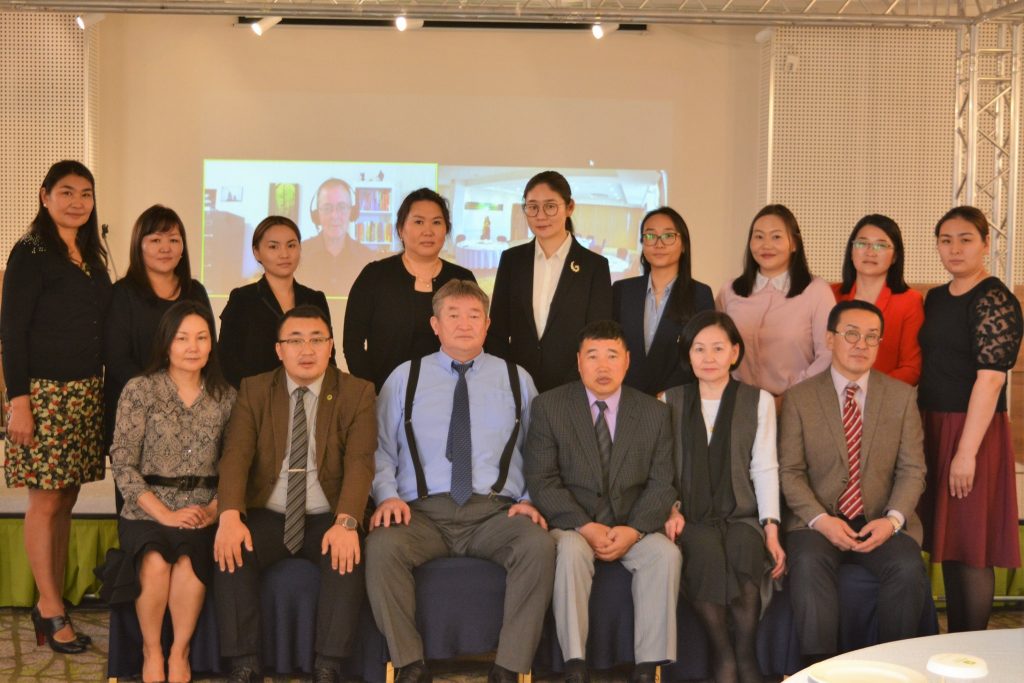
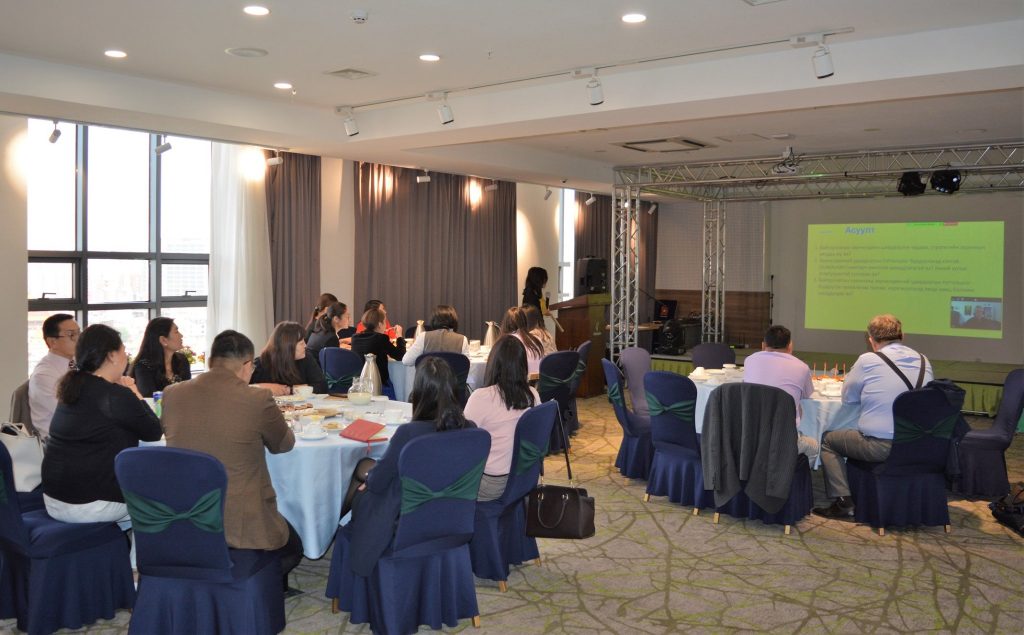
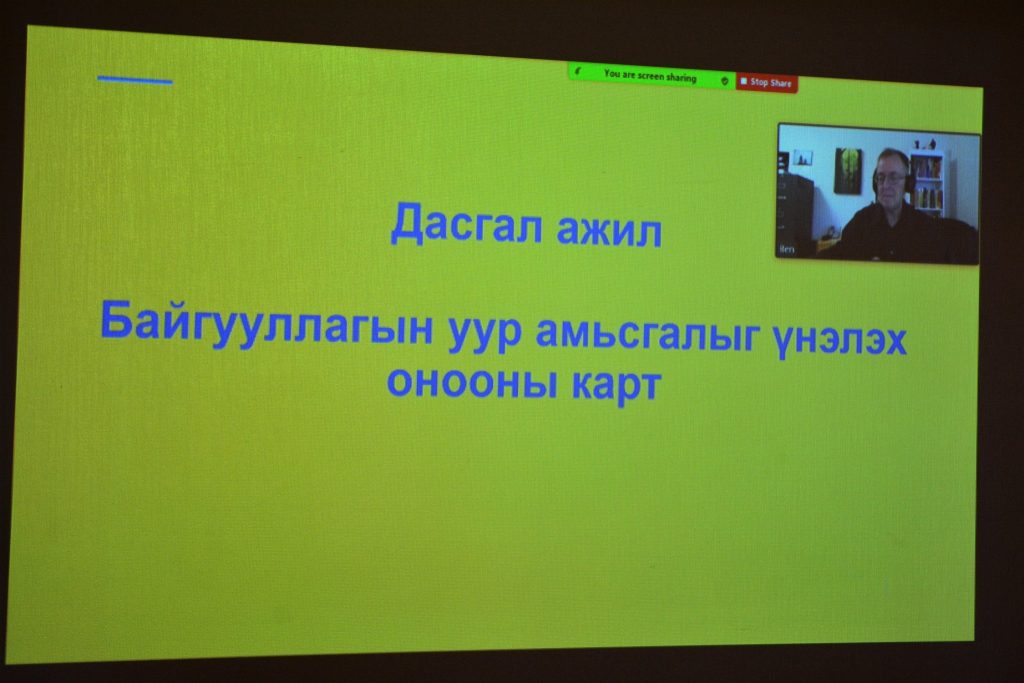
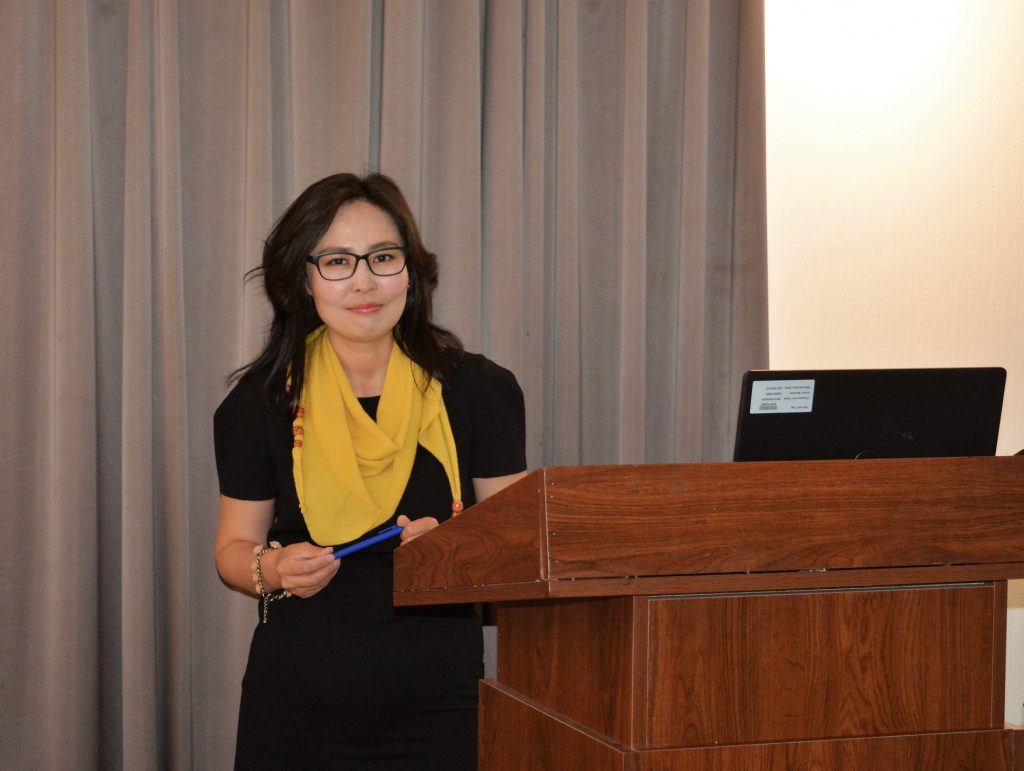
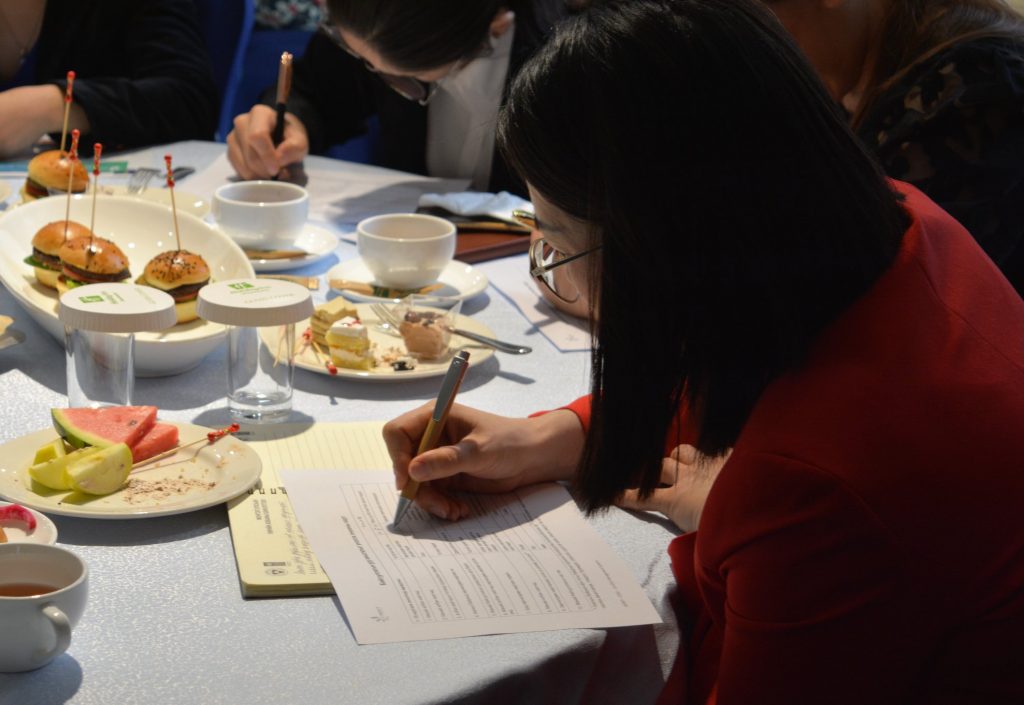
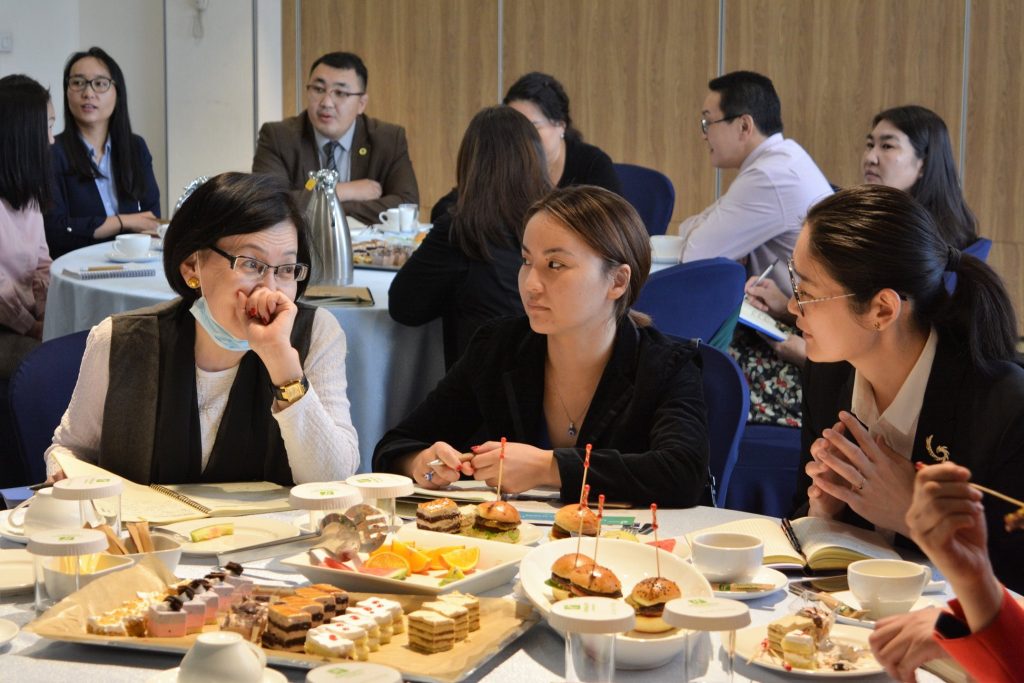
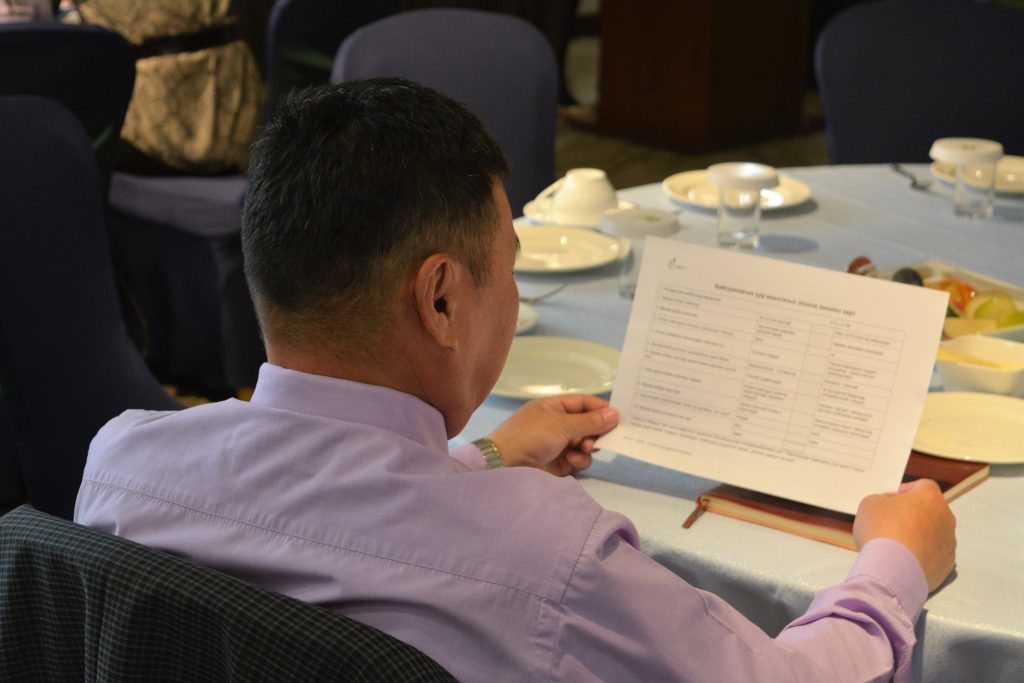

[…] The following was written by CESO Advisor Ben Ziegler for his Collaborative Journeys blog. View the original post here. […]